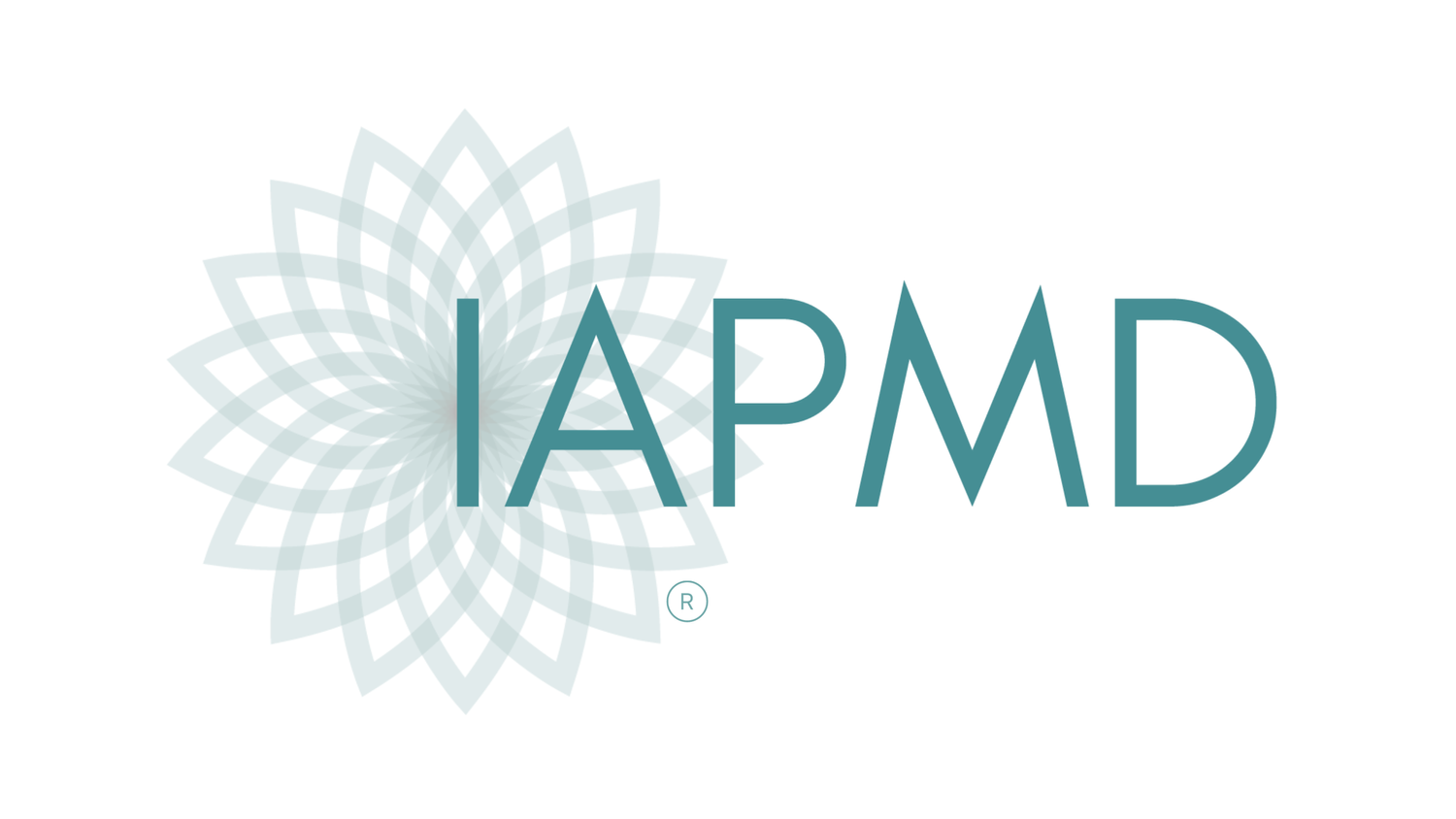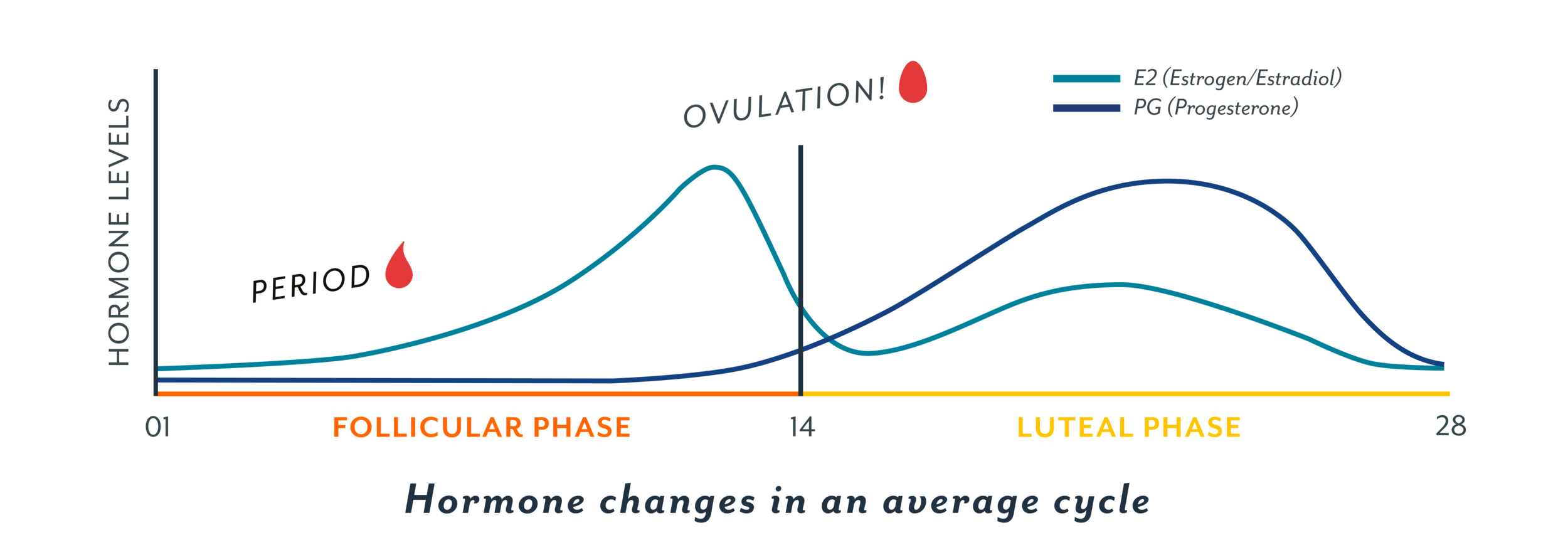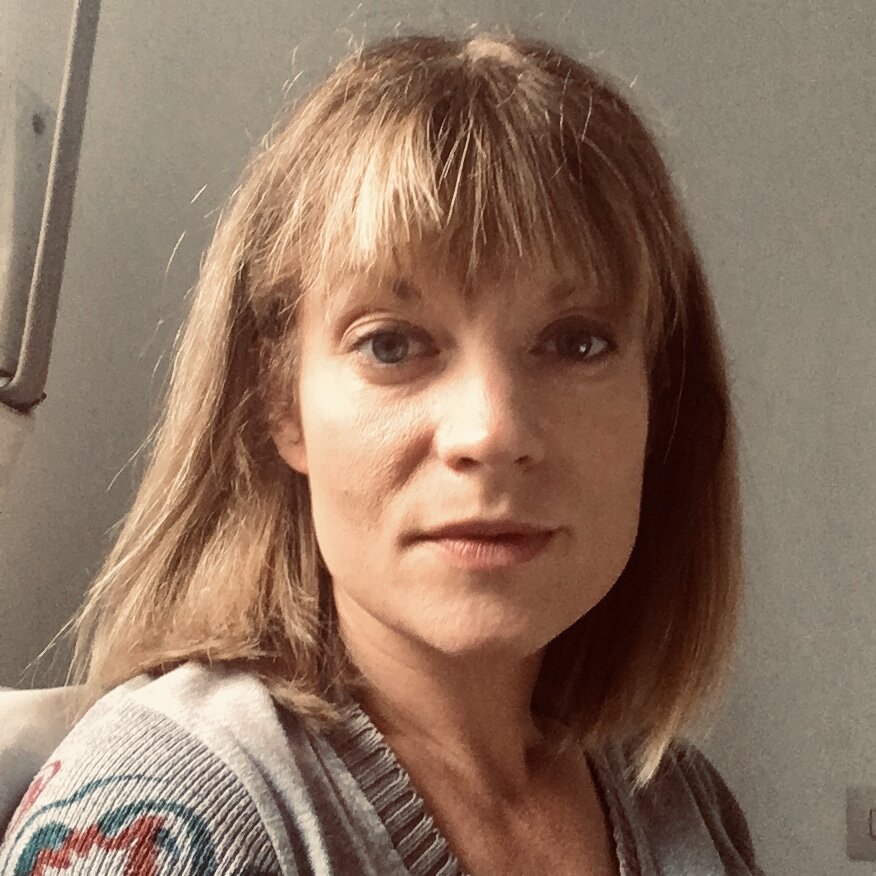What Luteal Looks Like For Me
Luteal and Follicular. Chances are, if you are living with PMDD, then these terms have great significance for you. For the newly diagnosed, or those who think they may have PMDD, here’s a quick explainer:
The follicular phase of the menstrual cycle lasts from day 1 of your period up to ovulation (around day 14, on average, based on a 28-day cycle). During this phase, estrogen is the dominant hormone, and this is when PMDD sufferers tend to feel their best. For me, at this time, I feel like my normal self: happy, healthy, well-adjusted, and in balance.
The luteal phase is a whole different ball game. Progesterone becomes the dominant hormone, and we PMDD sufferers tend to feel terrible. Some people refer to this as ‘hell week’ though for me (and I am sure for many others) it is more like ‘hell fortnight.’ I will go into a lot more detail about the symptoms below. First, let’s look at the possible causes of PMDD.
Why does the luteal phase feel like hell for us?
PMDD is not well understood, even by most medical professionals and researchers. It was only recognized as a medical condition in 2013 in the US (in the DSM-5), and in some countries, it still isn’t. It is often mistakenly called ‘severe PMS’ but this just isn’t true: PMS is a normal reaction to the shift in sex hormones during the luteal phase, and often in people with regular PMS, progesterone has a calming effect.
For those of us with PMDD, sensitivity to progesterone combined with a steep rise and fall in luteal phase hormones is a marriage made in hell. A recent study showed that PMDD patients’ brains responded differently to luteal phase hormones than those with regular premenstrual symptoms. Researchers believe this demonstrates that the condition is caused by an abnormal reaction in the brain to normal hormone levels. So if you ever get told ‘there’s nothing wrong with you, your hormone levels are fine,’ don’t be disheartened: PMDD is a biologically-based illness that manifests in physical and psychological symptoms. And as any sufferer will tell you, it is very real.
So what is it like to live through luteal?
I try not to refer to my luteal phase as ‘hell week,’ because I try to approach this phase every time with positivity and an open mind. But based on past experience, I know I’m in for a rough ride. One thing which has helped me immensely is having tracked my symptoms for over a year using the Me v PMDD app. In this way, I know exactly what symptoms I can expect, and when to expect them, so I’m never caught off guard by my PMDD. Not everyone experiences PMDD in the same way, and of course, not everyone with PMDD has regular cycles. The below is a rundown of my most common symptoms. Yours may be completely different. But I want to assure you that you are not alone in your battle with PMDD:
DAYS 16-20 (EARLY PHASE)
My symptoms typically begin around day 16 of my cycle (presumably straight after ovulation). On Day 16, I typically suffer from fatigue and feeling quite weepy and emotional. By days 17-20, these symptoms increase in intensity, and I feel an overwhelming sense of fatigue which often has me taking daytime naps and still feeling drained and exhausted. I am also prone to an unpleasant feeling that I’m about to pass out, which can strike at any time. I believe this is linked to low blood sugar, so I try to keep healthy snacks on hand. Other common symptoms during this phase include breast swelling and tenderness, craving junk food (in particular carbs and fatty, salty foods, all the wrong things!), a tendency towards anxiety and panic attacks, and extreme irritability which can boil over into bouts of rage-like anger if I am not left in peace. Believe it or not, this is not the worst part of luteal for me.
DAYS 21-22 (MIDDLE PHASE)
This is where symptoms tend to ease a little for me. Don’t get me wrong, they are still there, but they are less intense, and I can carry on with normal activities so long as I don’t overdo things. I believe this is the point in my cycle when estrogen and progesterone are peaking, which leads me to wonder if the worst of my symptoms are triggered by the steep rise and fall of these hormones during luteal.
DAYS 23-26 (LATE PHASE – typical cycle, though it can last longer)
This is when ‘hell week’ becomes truly hellish. During this phase, I develop extreme sensitivity to light and sound, feel overwhelmed and irritable all the time, and as I get closer to my period, I can fall victim to feelings of despair, hopelessness, and even thoughts of suicide. I always tell myself that when I reach this point I am ‘in transition’ (a bit like the last part of labor) and I only feel this bad because my period is coming soon to save me!
When I finally get my period, all of these horrible symptoms disappear, but I am left feeling drained and traumatized by the ordeal, especially if I have argued with friends and family members whilst in the luteal phase (which is not uncommon). You could say I feel like I’ve been hit by a lorry. The luteal lorry!
Tips for coping with the luteal phase
First and foremost, I would advise you to seek medical help. Arm yourself with the facts by reading the information on the IAPMD website, but don’t expect your doctor to understand the condition or have all the answers. I went to one doctor with that expectation and was sadly disappointed.
There are treatments that work for PMDD, but finding the right one can take time and perseverance.
For now, I manage my symptoms with yoga, meditation, and positive affirmations until I find a definitive solution. I have also found cutting out coffee and taking magnesium supplements to be extremely helpful in managing my fatigue and irritability. I also try to educate everyone around me about PMDD, so they know what to expect when I am ‘luteal.’ Sometimes the best solution for me is to ask for some peace and quiet: it’s much better than yelling and having outbursts of rage at close family members.
If you are suffering, remember you are not alone. There are millions of people with this condition worldwide, and sadly many will not even know they have it. By recognizing the condition and educating yourself about it, you are in a much better position to cope when the going gets tough, and the luteal lorry rolls into town.
MEET INGRID
Ingrid is a writer and poet originally from the U.K. and now living in Slovenia after spending 4 years in Spain. Her travels and experience of life in different lands has greatly influenced her writing.
Ingrid was voted Spillwords Author of the Month for Jan-Feb 2021. Her writing on mental health and her battle with PMDD is due to be included in the forthcoming anthology 'But You Don't Look Sick' from Indie Blu(e) Publishing.
In July 2021, Ingrid published The Anthropocene Hymnal: a poetry anthology designed to raise awareness of the climate and biodiversity crisis.
You can follow Ingrid on Instagram @experimentsinfiction or visit her blog to read more of her writing about PMDD.


